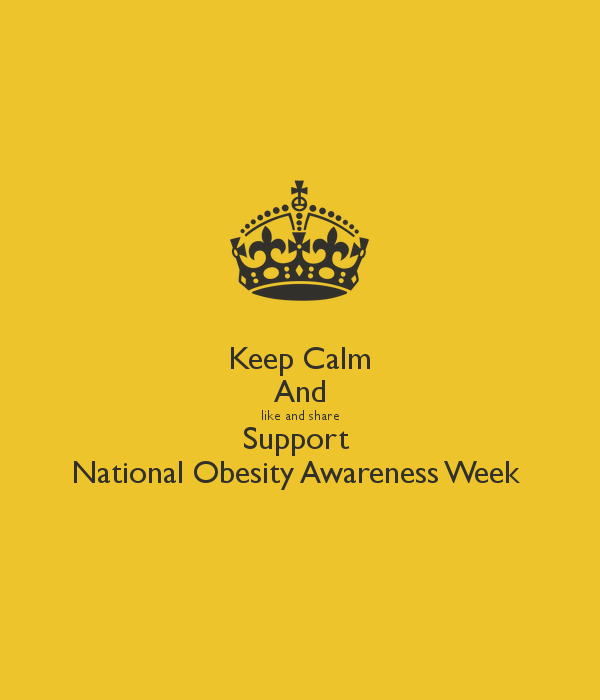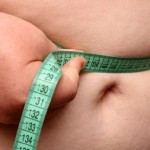 A couple of mornings ago I received a text from my wife with a suggestion for a blog post. She had been reading a magazine on the train which carried an article on the Quantified Self Movement. Knowing my interest in social media and health she immediately thought of me. Which is nice!
A couple of mornings ago I received a text from my wife with a suggestion for a blog post. She had been reading a magazine on the train which carried an article on the Quantified Self Movement. Knowing my interest in social media and health she immediately thought of me. Which is nice!
As regulars know I am firmly of the view that social media has the potential to (and in some cases actually is) revolutionising healthcare. Often without the healthcare industry (or even the technology industry) being aware of the change. For a previous blog on social media and health please have a look at https://patienttalk.org/?p=585.
I have to confess that I’d never come across the term “Quantified Self Movement “before but after a few minutes goggling I was fascinated by what I read. So I felt that a brief blog was in order. The aim is to introduce my readers to the concept but also to get feedback on the effectiveness of the method.
The title of the blog links the Quantified Self Movement to weight loss but it has many other applications.
The idea is that we can use technology to collect data about our healthand use that data to monitor our own health performance. And thus to optimise the effectiveness of any interventions.
A simple example is weight loss. By monitoring food intake, exercise and weight changes it is possible to provide a frame work for long tern weight loss. What these various types of technology (such as smartphone apps) can do is to actually quantify (make sense of) the information collected. Because the information is bespoke to you it helps you develop an optimum weight loss strategy. I’m sure you have seen plenty of runners with various bits of tech strapped to their bodies which give then directly information on how they can improve their performance during the run.
Interestingly the Quantified Self Movement does not stop at technology. Across the globe there are a huge number of MeetUps where people can share information and resources. You can check out the different groups by location here http://quantified-self.meetup.com/.
But does it work? Well the theory seems good to me and there are lots of claims, especially regarding weight loss, being made. However there are critical voices; as this article in The Scotsman by Tiffany Jenkins makes clear http://www.scotsman.com/news/tiffany-jenkins-the-problem-with-quantified-life-1-3118718.
But as my old grandmother would say “the proof of the pudding is in the eating”. I’m asking my readers to share their opinions in the comments section of this blog. We are really interested in hearing your experiences of using technology for improving health via data collection. You might want to think in terms of the following questions:-
a) What were you trying to achieve through the process? E.g. weight loss
b) What technology did you use? E.g. Apps, web sites or sensors?
c) How effective was the process?
d) Can you see other applications for the Quantified Self Movement other than weight loss?
Thanks very much in advance for sharing your information. I am really looking forward to reading your responses.


